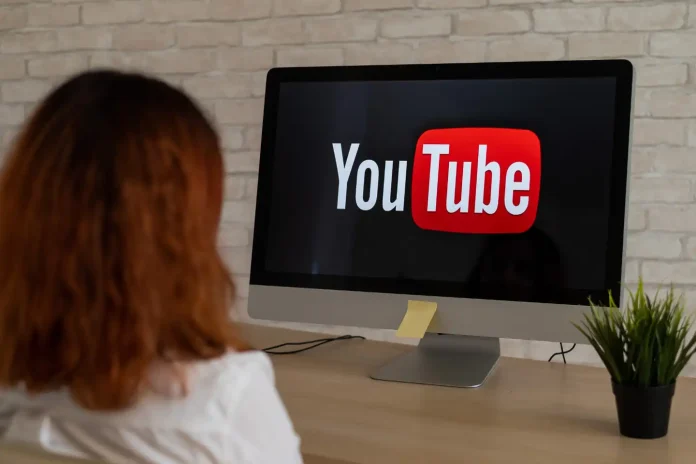YouTube, the world’s most popular video platform, has recently announced a new policy requiring artists to acknowledge the usage of artificial intelligence (AI) in their content. This Youtube AI policy 2024, launched on March 18th, 2024, aims to boost transparency for viewers while also ensuring the responsible use of AI technology.
This policy specifies AI tags, which creators must use to notify viewers when their videos contain AI-generated content. This follows YouTube’s commitment to ethical AI innovation, which was announced in November 2023. They discussed AI tags at the time but did not clarify which aspects of AI content production would necessitate their use.
What Content Needs AI Tags on YouTube?
The focus of this policy lies in AI-generated visuals and audio that could be mistaken for reality. Here’s a breakdown:
1. Visuals:
Videos depicting manipulated or entirely fabricated scenes using AI will require tags. This includes situations like showing an actual city on fire when it’s not or showcasing a realistic city that doesn’t exist. Deepfakes and videos swapping faces with AI also fall under this category, as it has become widespread, and people are using this technology to exploit each other.
2. Audio:
AI-generated voiceovers used in original content or dubbed videos require disclosure through the new AI tag. This tag indicates “altered or synthetic content” on the video.
Check! New YouTube Video Layout Improves YouTube Shorts Creation
What Content Doesn’t Need AI Tags in YouTube AI Policy 2024?
Not all AI usage needs a specific tag. Here are some exceptions for the users:
- Videos with mythical features, such as unicorns in space, are excluded as they clearly don’t depict reality.
- Tools like idea generation, scriptwriting, basic filters, color grading, special effects, and blurring are not included.
- As long as the content doesn’t mislead viewers, tagging is not required.
YouTube AI Update on Thumbnail
The new policy on AI-generated thumbnails remains to be seen. As of now, it appears they won’t require tagging, but YouTube may address this in the future.
How Does YouTube Enforce the New Policy?
YouTube uses a combination of AI and human reviewers to identify policy violations and untagged AI material. Viewers can also report AI content that violates their likeness or voice. This is a massive development for voice actors because they can now report unauthorized use of their voices.
For creators who fail to disclose AI usage, YouTube will initially add the AI tag themselves. The creator cannot remove this tag. Repeated violations could lead to stricter actions, including video removal or even expulsion from the YouTube Partner Program. This means creators would lose the ability to monetize their content.
AI tags will first be available on the mobile app, then on desktop browsers and YouTube TV. This policy move presents difficulties for both creators and viewers. Audiences may be suspicious of AI-generated content, and artists must decide whether to tolerate future audience reduction or abandon AI entirely.
Staying Informed
Creators need to stay updated on YouTube AI policy 2024 for the latest information. You can find their recent announcement here and the initial announcement from November here. This new AI policy marks a significant step towards transparency on YouTube’s platform. As AI technology continues to evolve, this will likely be the first of many updates to ensure responsible AI use within the platform.



